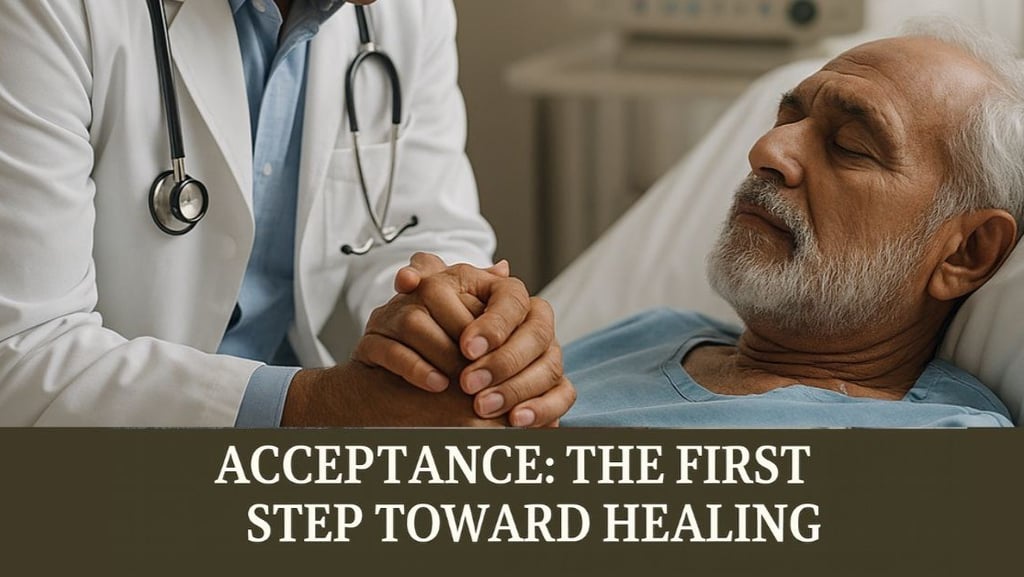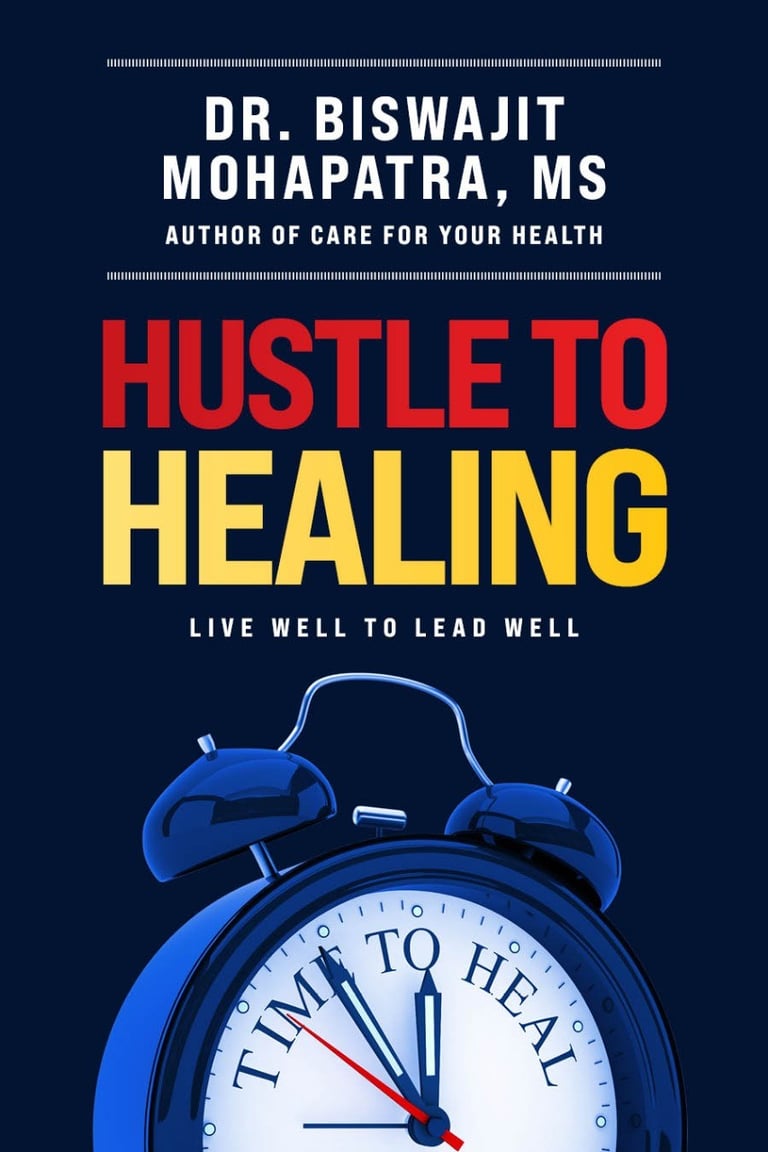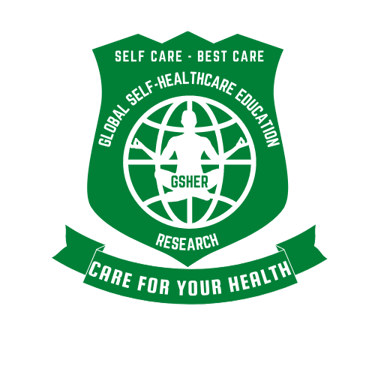

In the ICU one evening, I met Raghnath, a man tormented by metastatic oesophageal cancer. His pain was unbearable. He begged me for a cure, his eyes desperate, his voice broken. His wife stood beside him, pleading with me not to reveal the truth of his condition. Like many families, they thought silence was mercy.
But silence is not always kindness.
I sat with Raghnath, looked into his eyes, and told him the truth about the disease, about its end-stage reality, and about the limits of medicine. He listened quietly, tears running down his cheeks. I walked out heavy-hearted, uncertain of what the night would bring.
The next morning, his wife was waiting outside my chamber. She fell at my feet, her face wet with tears but this time they were tears of relief. She whispered, “Since you told him, he has not cried. For the first time in five months, he slept without pain.”
When I visited him, Raghnath was smiling. He said softly, “Sir, you told me what I needed to hear. I am ready now. I have no more pain.” Two days later, he passed away peacefully, without agony, without fear.
The Lesson Raghnath Taught Me
That night, I realized again what years of medical training had almost buried under machines, tests, and procedures:
Healing begins with acceptance. Cure is not always possible, but healing is.
Machines can measure life, but presence, truth, and compassion can transform suffering. Sometimes, the greatest medicine we can give is honesty and the courage to help a patient face reality.
Healing Beyond Cure
Modern hospitals gleam with technology. Five-star rooms, endless investigations, and corporate polish promise comfort. Yet what many patients crave most is not another scan, but a human touch, an honest word, a moment of peace.
As doctors, as healers, as self-healthcare educators, we must ask:
Who will sit beside the patient?
Who will teach them to breathe through fear?
Who will remind them that dignity and acceptance are also medicines?
The CelluReva Lens
At GSHER, through the Art of Self-Healthcare and the CelluReva Protocol, we teach that healing is not merely biochemical but cellular, emotional, and spiritual. Just as every cell thrives in the right environment, so does every patient. Truth creates that environment. Acceptance reorganizes the inner chaos.
Reset. Revive. Reprogram. Restore.
Even at the edge of life, these four steps can bring peace.
Our Call to You
Whether you are a medical student, a young doctor, or simply a human being who cares, remember that healing is not just what you do, but how you are.
Healing begins when we dare to speak truth, to hold presence, and to walk with patients not just toward cure, but toward peace.
Let us return to the art of medicine. Let us remember Raghnath. Let us choose healing.
By Dr. Biswajit Mohapatra,
Chairman, Global Self-Healthcare Education & Research (GSHER) Founder, No Prescription Point


